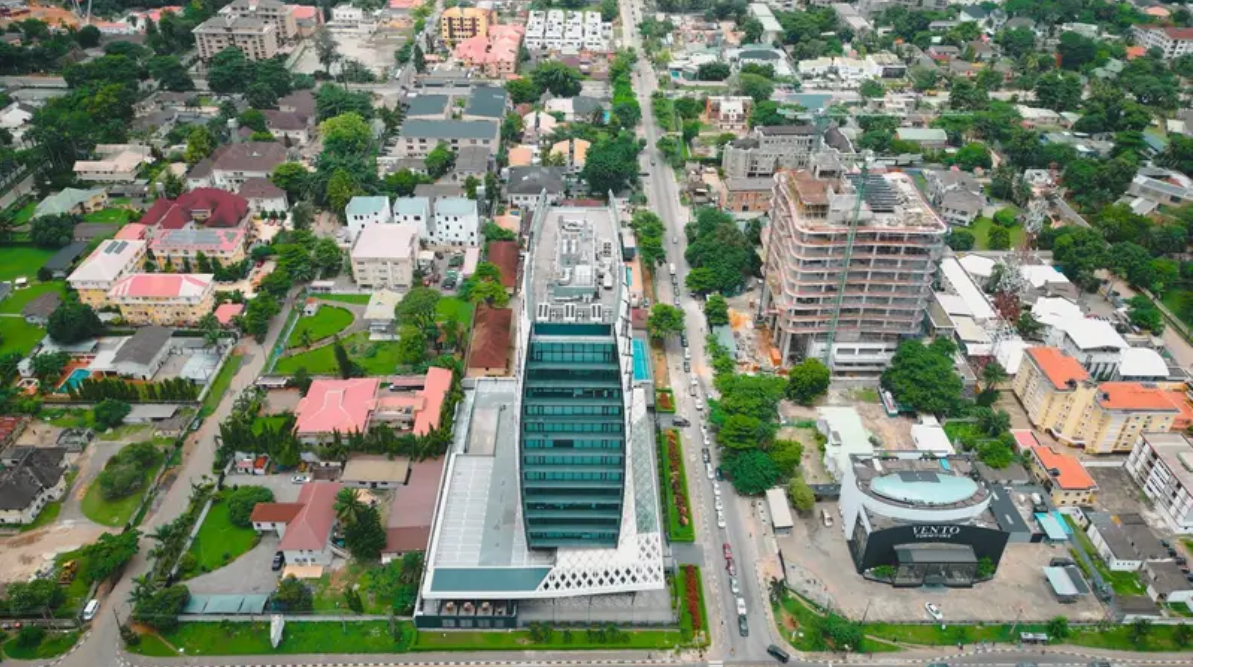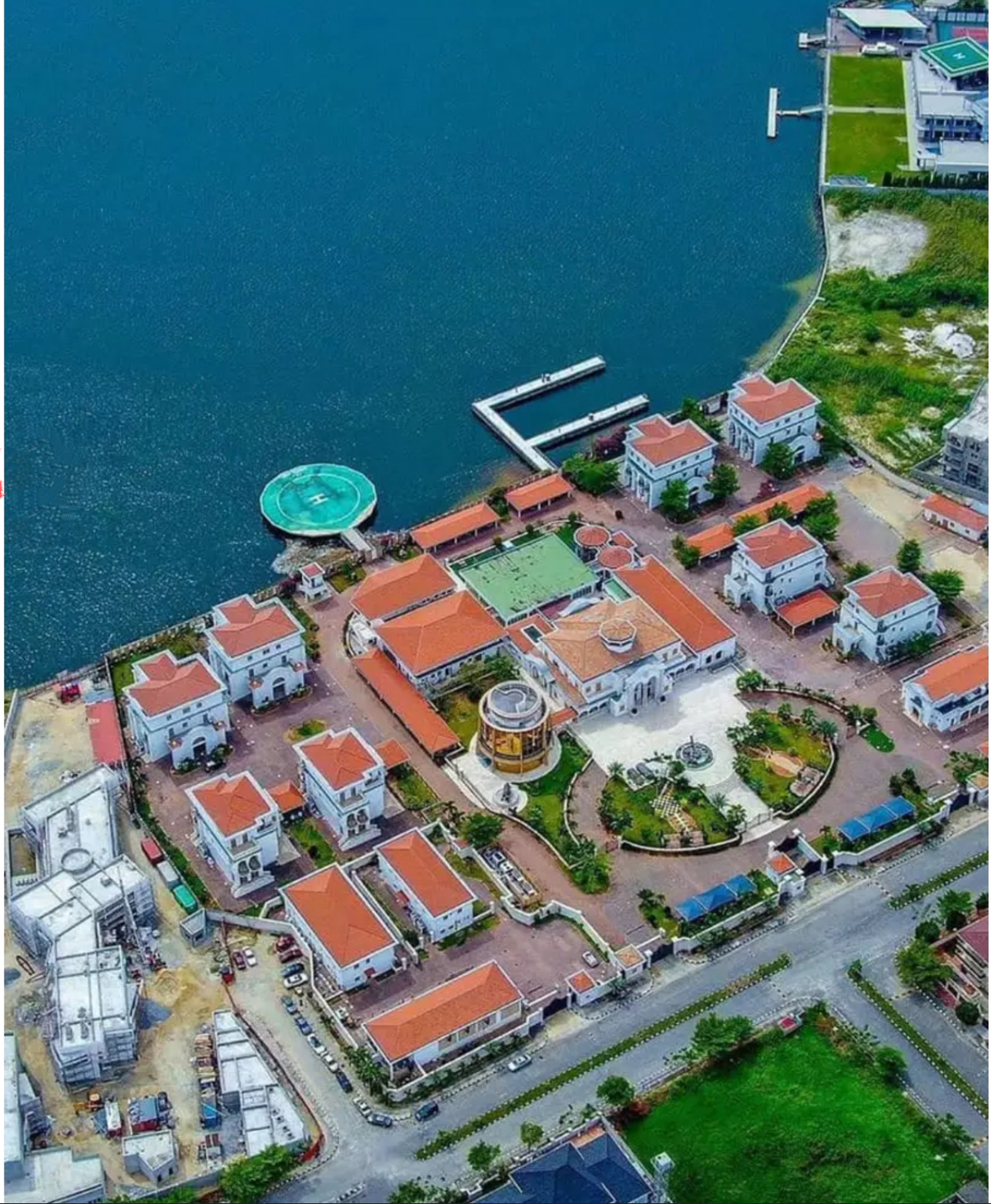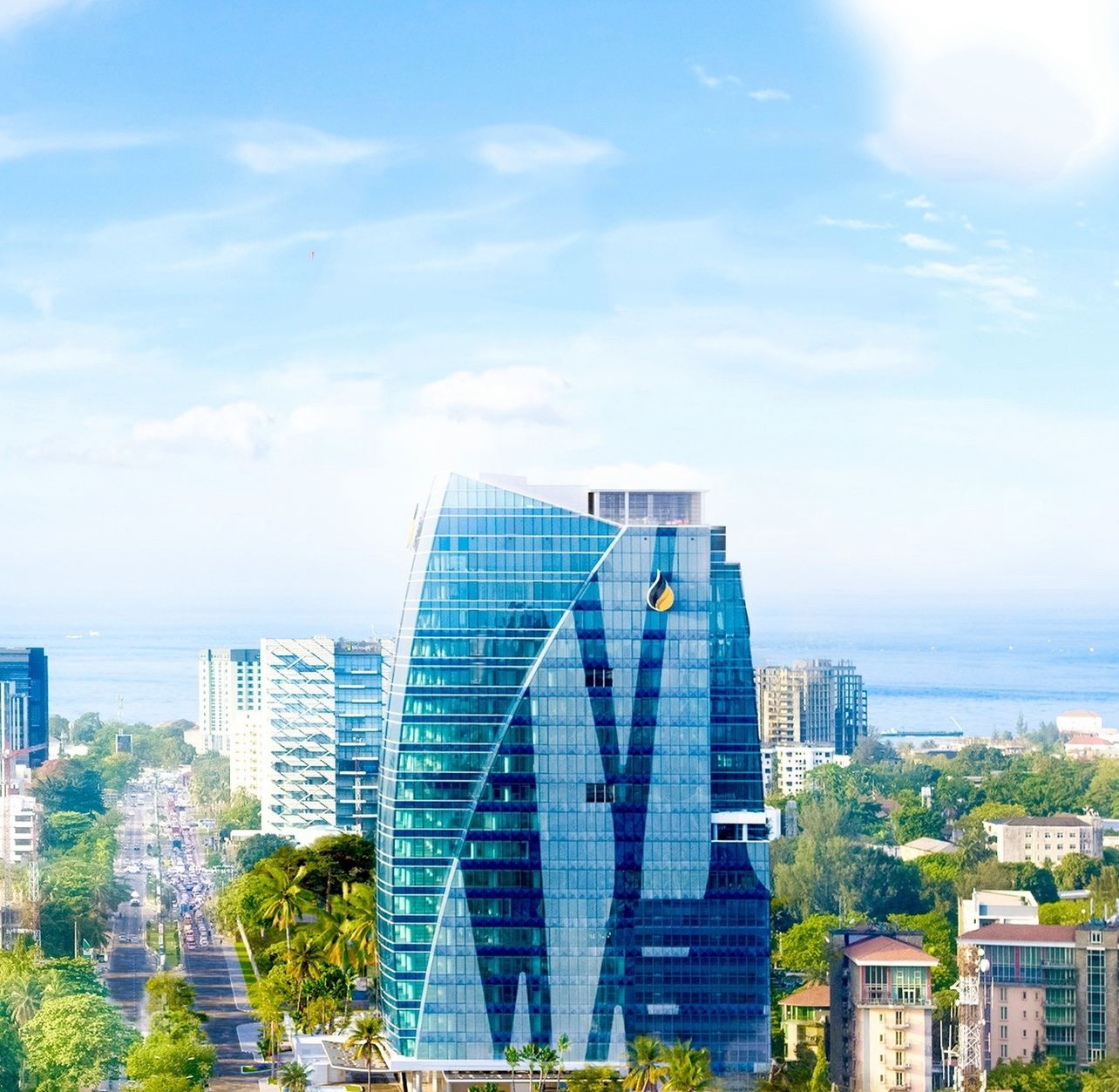Factors Affecting The Cost Of Building Materials In Nigeria
 July 10, 2023
July 10, 2023  0 Comments
0 Comments
There are several factors that affect the cost of building materials in Nigeria. Here are five significant factors:
1. Foreign exchange rate: Many building materials in Nigeria are imported, and the cost of these materials is heavily dependent on the foreign exchange rate. Fluctuations in the exchange rate can significantly impact the cost of building materials, leading to price increases or decreases.
2. Inflation: Inflation is a significant factor that affects the cost of building materials in Nigeria. As the general price level of goods and services increases, the cost of building materials also increases, leading to higher construction costs.
3. Transportation costs: Building materials need to be transported from the point of production or importation to the construction site. The cost of transportation, including fuel prices, transportation infrastructure, and security, can significantly impact the cost of building materials.
4. Availability and demand: The availability and demand for building materials can also impact their cost. If there is a high demand for a particular material and its supply is limited, the cost of the material may increase.
5. Government policies: Government policies, including taxes, tariffs, and regulations, can significantly impact the cost of building materials. For example, high taxes or tariffs on imported building materials can increase the cost of construction, while policies that promote local production or reduce taxes can lower costs.
These factors can fluctuate based on a range of economic and political conditions, making it essential to closely monitor their impact on the construction industry. By understanding the factors affecting the cost of building materials, stakeholders in the industry can make informed decisions to reduce costs and promote affordability.
Solutions to Reduce the rising costs of building materials in Nigeria
There are several potential solutions that could be implemented to reduce the rising costs of building materials in Nigeria. Here are five potential solutions:
1. Increase local production: One of the main reasons for the high cost of building materials in Nigeria is the dependence on imported materials. By increasing local production, the cost of materials can be significantly reduced.
2. Promote the use of alternative building materials: Some alternative building materials, such as bamboo and compressed earth blocks, are cheaper and more sustainable than traditional materials. Promoting the use of these materials can help reduce the cost of building while also promoting sustainability.
3. Streamline importation processes: The government can streamline the importation processes for building materials, making it easier and faster for builders to import materials. This could help reduce the cost of transportation and other associated costs.
4. Reduce taxes and tariffs on building materials: High taxes and tariffs on building materials can significantly increase the cost of construction. By reducing these taxes and tariffs, the cost of materials can be reduced.
5. Implement policies to regulate prices: The government can implement policies to regulate the prices of building materials. This could involve price ceilings or subsidies for certain materials. However, it is essential to ensure that such policies do not result in market distortions or inefficiencies.
By implementing these potential solutions, stakeholders in the real estate industry, policymakers, and the government can work together to address this critical issue.
This post should give you an insight to what the prices of building materials looks like in today’s market. Hopefully the government implements favorable policies that will lead to cost reduction of these goods.






















Leave a Comment